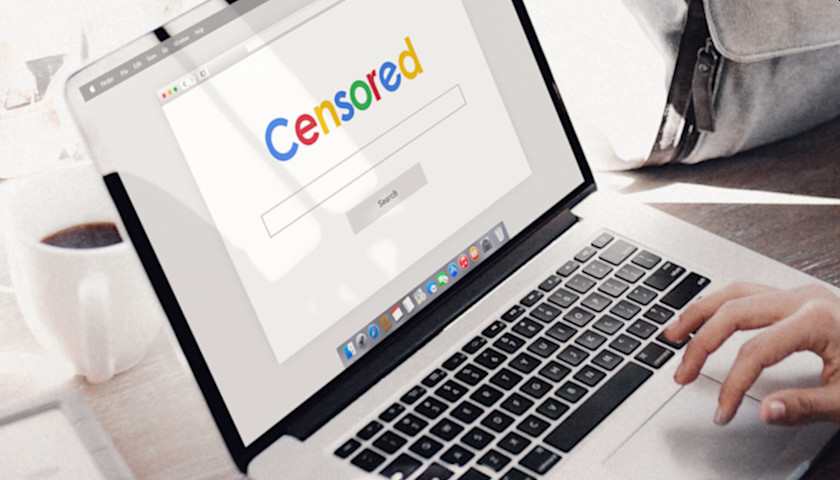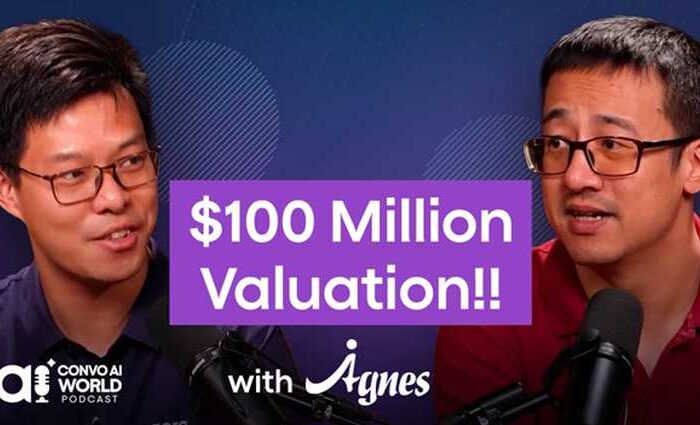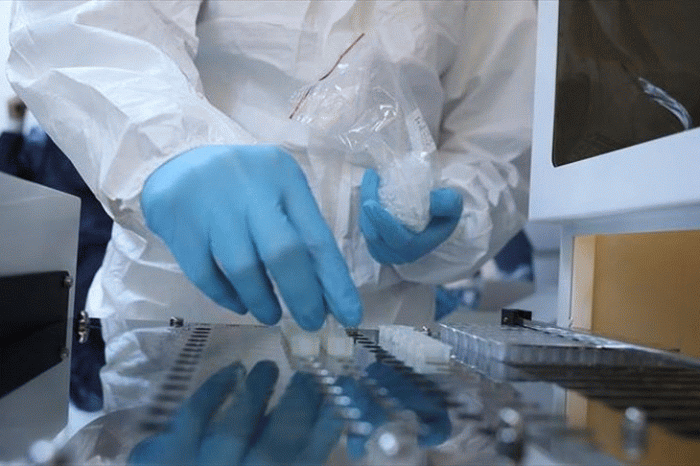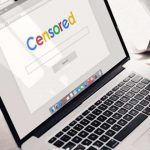Big Tech Censorship: Draft Executive Order Could Limit Protections for Social-Media Companies

For years, Big Tech companies, including Facebook, Twitter, Google, and YouTube, have enjoyed the freedom and legal protection for content posted on their platforms. The protection comes from Section 230 of the Communications Decency Act of 1996 protects, which states that “No interactive computer services shall be treated as the publisher or speaker of any information provided by another information content provider.”
Now, that is about to change. Big tech companies may longer have it both ways. According to multiple media reports, President Trump is about to sign an executive order that would make it easier for federal regulators to hold companies such as Twitter, Facebook and Google’s YoutTube liable for curbing users’ speech, for example by suspending their accounts or deleting their posts, the people said.
The draft executive order, which is titled, “Preventing Online Censorship, would seek to limit the broad legal protection that federal law currently provides social-media and other online platforms, according to people familiar with the draft. If it becomes law, the executive order could open floodgates of lawsuits from online users and potentially cause the big tech companies to re-examine their censorship policies.
The current law states that “interactive computer services” are almost always protected from lawsuits involving defamation and copyright infringement; effectively, the user who posts content that may be seen as defamation, harassment, obscenity, or another speech crime that is not protected by the First Amendment will be held responsible for their wrongdoing – not the forums where the content is posted.
Because of the vagueness and loopholes in the current law, Congress concluded these special protections should be afforded to Big Tech companies because they serve as a “forum for a true diversity of political discourse.” Big Tech companies failed to uphold freedom of speech on their platforms. As we all know, that is not exacted the case today.
The executive order comes after Twitter on Tuesday moved for the first time to apply a fact-checking notice to tweets by the president on the subject of voter fraud, citing CNN as the fact check source. President Trump on Tuesday accused the company of stifling free speech and vowed to take action.
Addressing the decision to “fact check” President Trump’s tweet, Twitter CEO Jack Dorsey said in a tweet, “Our intention is to connect the dots of conflicting statements and show the information in dispute so people can judge for themselves. More transparency from us is critical so folks can clearly see the why behind our actions.”
This does not make us an “arbiter of truth.” Our intention is to connect the dots of conflicting statements and show the information in dispute so people can judge for themselves. More transparency from us is critical so folks can clearly see the why behind our actions.
— jack (@jack) May 28, 2020
It’s amazing that Dorsey tweeted this, apparently without thinking through the consequences. This is a slippery slope and this tweet may come back to haunt the company especially if the new executive order is challenged in the court. For example, Twitter did not “fact check” tweets from Chinese government officials claiming coronavirus was created by the U.S. military even though we all know the virus started in Wuhan, China in December 2019.
“Big Tech is doing everything in their very considerable power to CENSOR in advance of the 2020 Election,” Trump tweeted on Wednesday night. “If that happens, we no longer have our freedom. I will never let it happen! They tried hard in 2016, and lost. Now they are going absolutely CRAZY. Stay Tuned!!!”
Big Tech is doing everything in their very considerable power to CENSOR in advance of the 2020 Election. If that happens, we no longer have our freedom. I will never let it happen! They tried hard in 2016, and lost. Now they are going absolutely CRAZY. Stay Tuned!!!
— Donald J. Trump (@realDonaldTrump) May 28, 2020
In the meantime, the draft isn’t yet completed and is subject to change, the people said. Legal experts say the final executive order would also likely be challenged in court.




